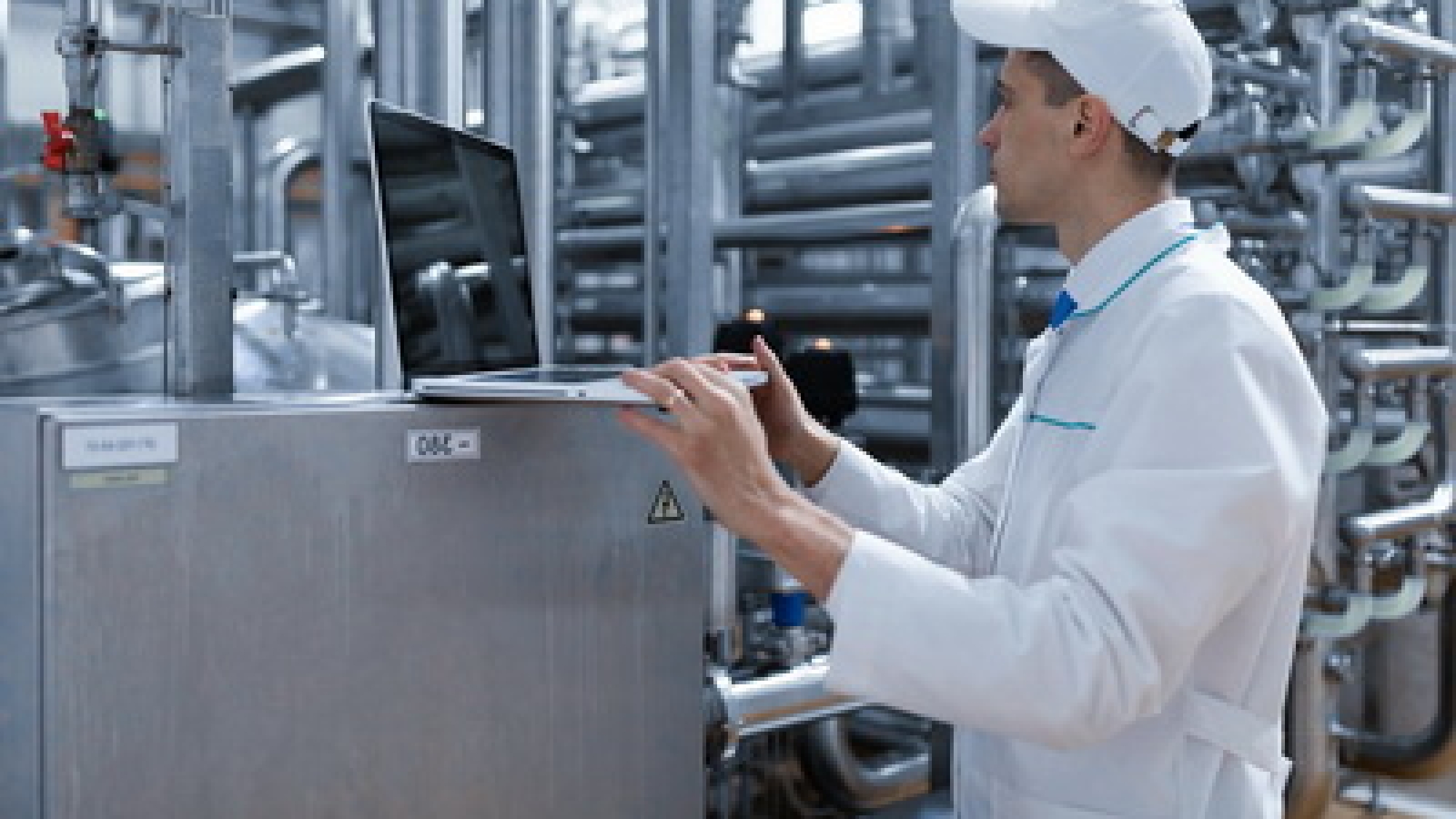In today’s world, with increasing energy consumption and growing environmental concerns, energy efficiency has become a top priority for industries. Advanced technologies, particularly instrumentation, play a crucial role in managing and reducing energy consumption. Instrumentation helps optimize processes, minimize energy waste, and enhance system efficiency. This article explores the role of instrumentation in improving energy efficiency across various industries.
Definition of Instrumentation and Its Importance
Instrumentation refers to a set of devices used to measure, monitor, and control various parameters in industrial processes. These parameters can include temperature, pressure, flow, liquid levels, and more. The precise, real-time data provided by instrumentation allows for the analysis and optimization of energy consumption processes.
The Role of Instrumentation in Improving Energy Efficiency
- Accurate Measurement of Energy Consumption
One of the first steps in improving energy efficiency is accurately measuring energy usage. Instrumentation, using sensors and transmitters, provides real-time, precise data about energy consumption. For example:- Smart meters can measure electricity consumption across different sections of a plant.
- Advanced flow meters can calculate the consumption of fuel or gas accurately.
- Automated Process Control
Instrumentation, combined with automated control systems like PLCs and DCSs, intelligently controls industrial processes. These systems can:- Identify and eliminate unnecessary loads.
- Optimize equipment consuming excess energy.
- Reducing Energy Waste
Many industries face challenges related to energy waste. Instrumentation can identify weak points and correct them to reduce waste. For example:- Thermal sensors can detect heat loss points in heating systems.
- Monitoring airflow or gas flow can help prevent leaks.
- Optimizing Equipment Performance
Instrumentation aids in identifying the efficiency of equipment and improving preventive maintenance processes. For example:- Gas analyzers can assess the efficiency of boilers and prevent improper settings.
- Vibration sensors can predict potential failures in electric motors.
- Smart Energy Management
Instrumentation, when integrated with Energy Management Systems (EMS), enables industries to manage energy consumption intelligently. These systems can:- Analyze energy consumption patterns.
- Offer solutions to reduce consumption during peak hours.
Applications of Instrumentation in Various Industries
- Oil and Gas Industry
In refineries and pipelines, instrumentation is used to control temperature, pressure, and flow. These controls prevent excess energy consumption and improve system efficiency. - Power Plants
In power generation plants, instrumentation helps better manage fuel, optimize turbines, and reduce energy waste. - Manufacturing Industries
Factories can use sensors and intelligent monitoring systems to reduce energy consumption on production lines. - Smart Buildings
Instrumentation in building energy management systems, such as HVAC (Heating, Ventilation, and Air Conditioning), significantly improves energy consumption efficiency.
Instrumentation and Modern Technologies
Instrumentation, combined with advanced technologies like the Internet of Things (IoT) and Machine Learning (ML), offers advanced capabilities for improving energy efficiency:
- Smart Sensors:
These sensors can transmit real-time data to central systems for more detailed analysis. - Big Data Management:
Data collected from instrumentation can be analyzed using advanced analytics to identify energy consumption trends and address weak points. - Automation and Artificial Intelligence:
Instrumentation can integrate with AI systems to optimize complex processes.
Benefits of Using Instrumentation for Energy Efficiency
- Cost Reduction:
By reducing energy consumption, operational costs decrease. - Extended Equipment Lifespan:
Instrumentation improves preventive maintenance, extending the useful life of equipment. - Environmental Impact Reduction:
Energy efficiency helps lower greenhouse gas emissions. - Improved Overall System Performance:
Instrumentation contributes to the optimization of overall processes, increasing system efficiency.
Challenges in Using Instrumentation for Energy Efficiency
- High Initial Costs:
Installing and deploying instrumentation systems can be expensive upfront. - Need for Expertise:
Proper usage and maintenance of instrumentation require technical knowledge and training. - Cybersecurity Risks:
Connecting instrumentation to intelligent systems increases cybersecurity threats.
Conclusion
Instrumentation is a key technology that plays a significant role in improving energy efficiency. By providing precise information, reducing energy waste, and optimizing processes, it helps industries save costs and reduce environmental impact. With advancing technology, smart instrumentation will play an even more prominent role in energy management in the future.
To succeed in this journey, industries must not only invest in instrumentation but also ensure the availability of skilled professionals and effective strategies for its implementation.


Add a Comment